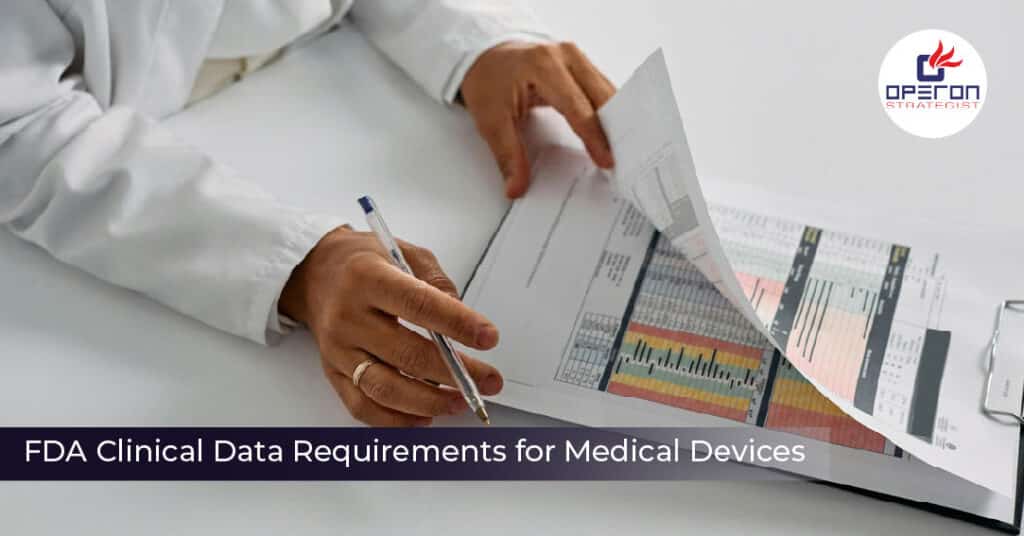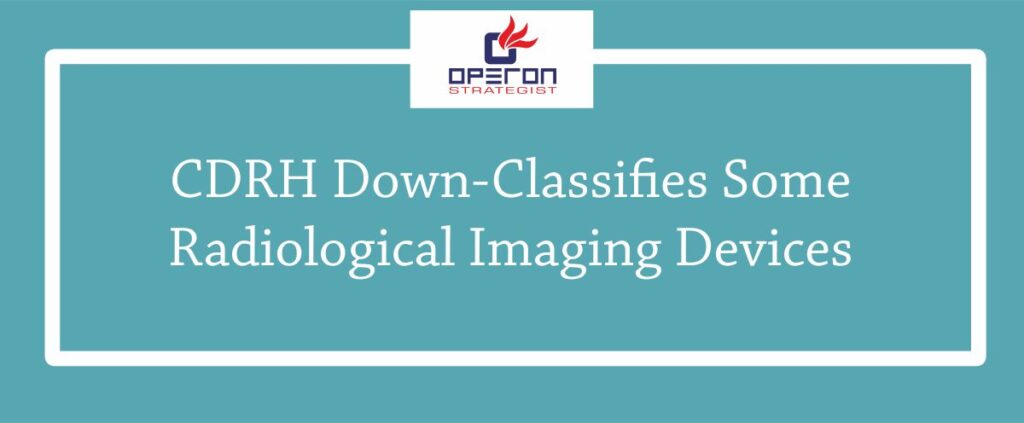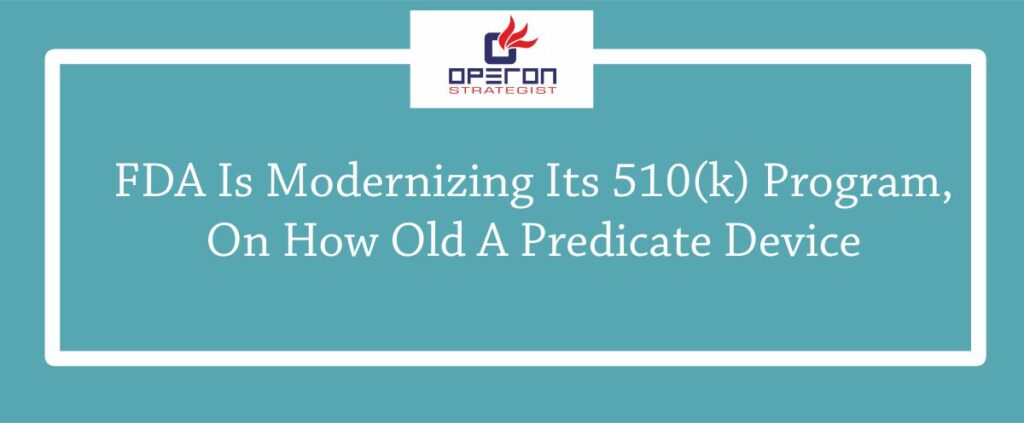FDA Clinical Data requirements for Medical Devices: An Overview
Understand when clinical trials are necessary for U.S. FDA submissions such as 510(k), De Novo, PMA, and HDE, and how manufacturers can plan accordingly.
The U.S. Food and Drug Administration (FDA) plays a vital role in ensuring that medical devices entering the U.S. market are safe and effective for their intended use. A critical component of this process is determining whether clinical data is required as part of the regulatory submission.
While some devices can be approved or cleared based solely on non-clinical data (like bench testing and biocompatibility), others demand clinical evidence to confirm safety, effectiveness, or substantial equivalence. For medical device manufacturers, knowing when clinical data is required for FDA approval is key to a successful regulatory strategy.
Looking For a Medical Device Regulatory Consultant?
Let’s have a word about your next project
When is Clinical Data Required for U.S. FDA Submissions?
The necessity of clinical data depends on the type of FDA submission being pursued. He re’s how it breaks down:
📄 510(k) Submissions
For 510(k) premarket notifications, approximately 85% to 95% of devices are cleared without clinical data. However, for the remaining 5% to 15%, clinical studies become essential when non-clinical testing does not sufficiently demonstrate substantial equivalence to a predicate device.
Examples include:
- Devices with new indications for use
- Devices with novel technology compared to the predicate
- Higher-risk Class II devices
For more details read our blog on: 5 Tips for FDA 510(k) Submission
📦 De Novo Submissions
De Novo classification requests are commonly used for first-of-a-kind, low- to moderate-risk devices. The FDA typically requires clinical data in De Novo submissions to evaluate the device’s safety and effectiveness due to the absence of a predicate device.
Plan for early clinical evidence when preparing a De Novo request to avoid submission delays.
🩺 Premarket Approval (PMA) Applications
PMA submissions are mandatory for Class III high-risk medical devices, such as implantable devices or life-sustaining equipment. In all cases, clinical data is required, and the evidence must come from well-controlled clinical trials that demonstrate:
- Safety in real-world use
- Effectiveness for intended indications
PMA applications are the most stringent type of FDA submission and demand robust clinical evidence.
🤝 Humanitarian Device Exemption (HDE) Applications
HDE submissions are designed for devices intended to benefit patients with rare diseases or conditions (affecting fewer than 8,000 individuals per year in the U.S.). Clinical data must be provided to demonstrate the device’s safety and probable benefit, although the requirements are less extensive than those for PMA.
Why Understanding Clinical Data Requirements is Crucial
Failing to anticipate the need for clinical data can result in:
- Submission delays
- Additional costs for trial design and execution
- Regulatory rejections or hold letters
Early planning for clinical trials, when necessary, allows manufacturers to build compliant timelines and avoid surprises during FDA review.
Need Help with FDA Clinical Data Planning?
Partner with Operon Strategist for FDA Clinical Strategy
Operon Strategist specializes in helping medical device manufacturers navigate complex FDA regulatory pathways including 510(k), De Novo, PMA, and HDE submissions. Our experts assist with:
- Determining clinical data requirements early
- Designing compliant clinical trial protocols
- Preparing regulatory submissions with strong documentation
📞 Get in touch with Operon Strategist to ensure your FDA submission meets all clinical data expectations—from concept to clearance.




